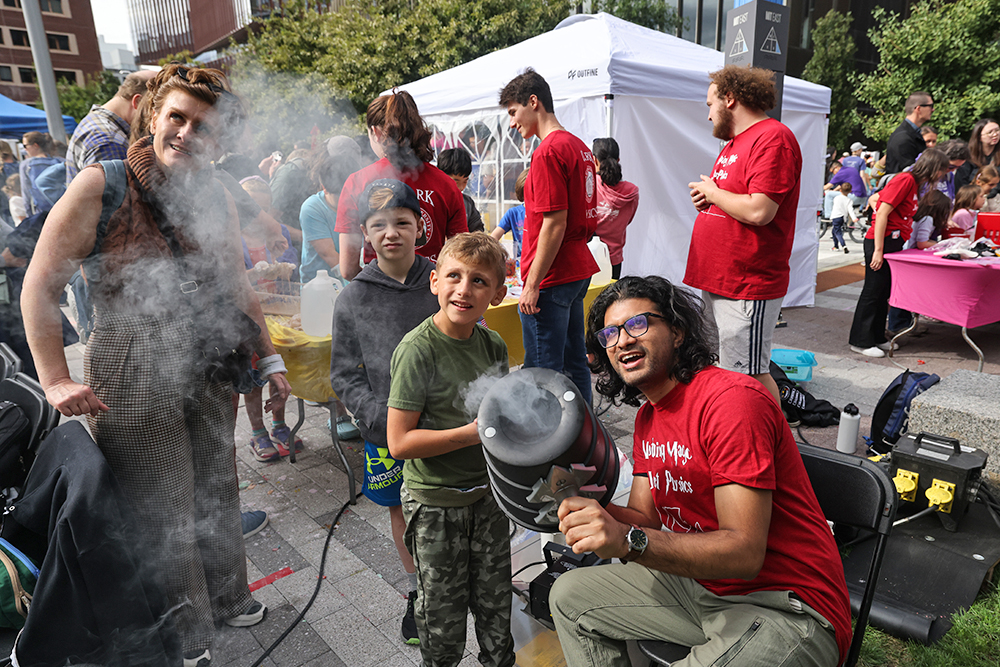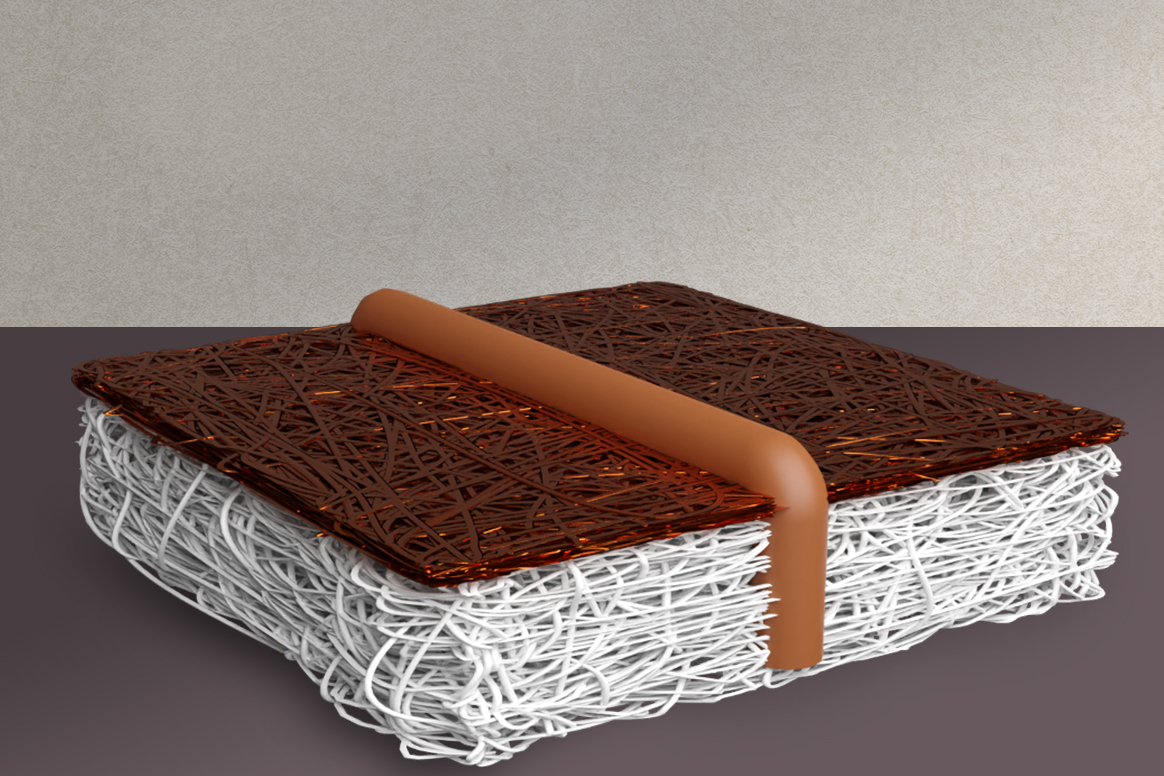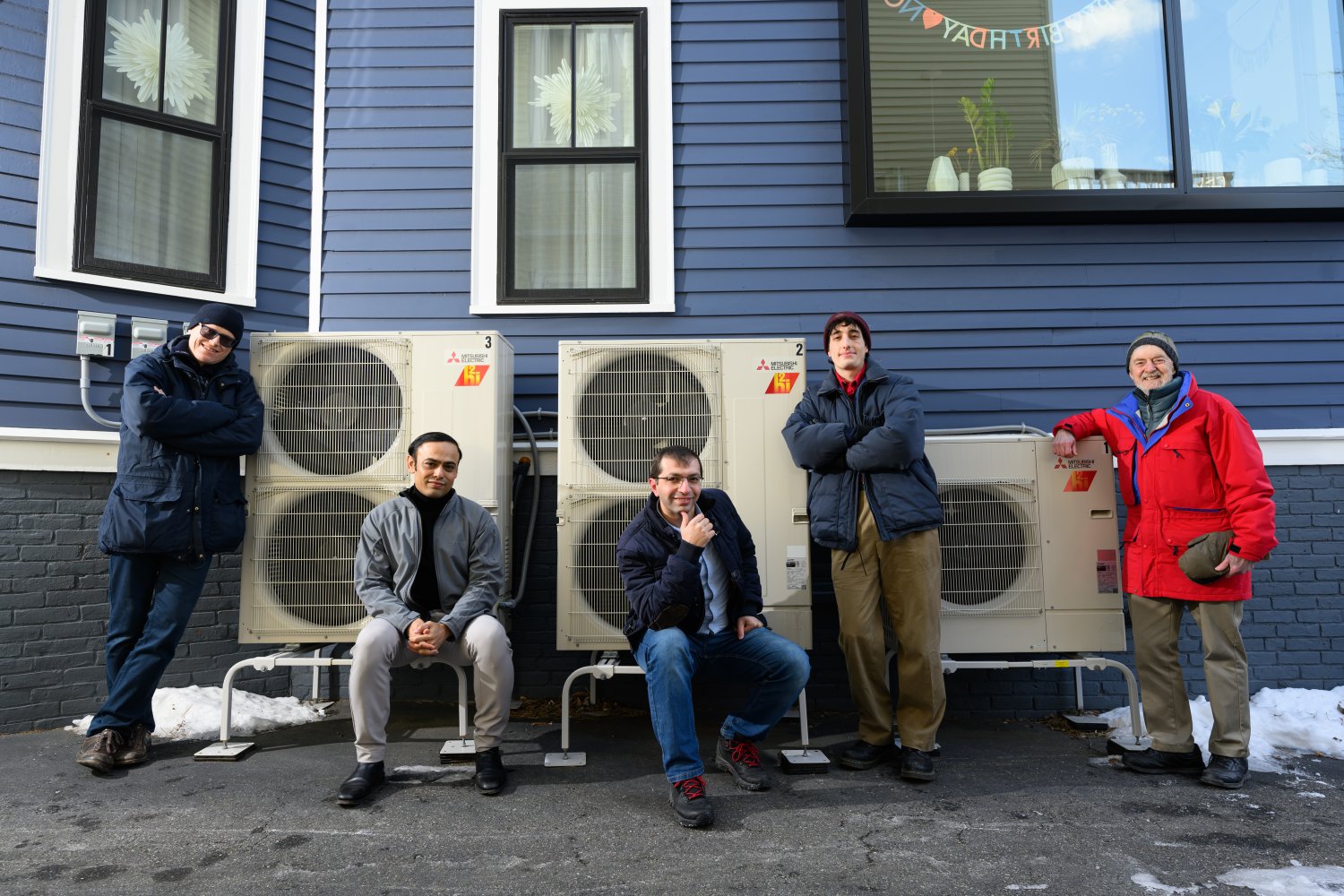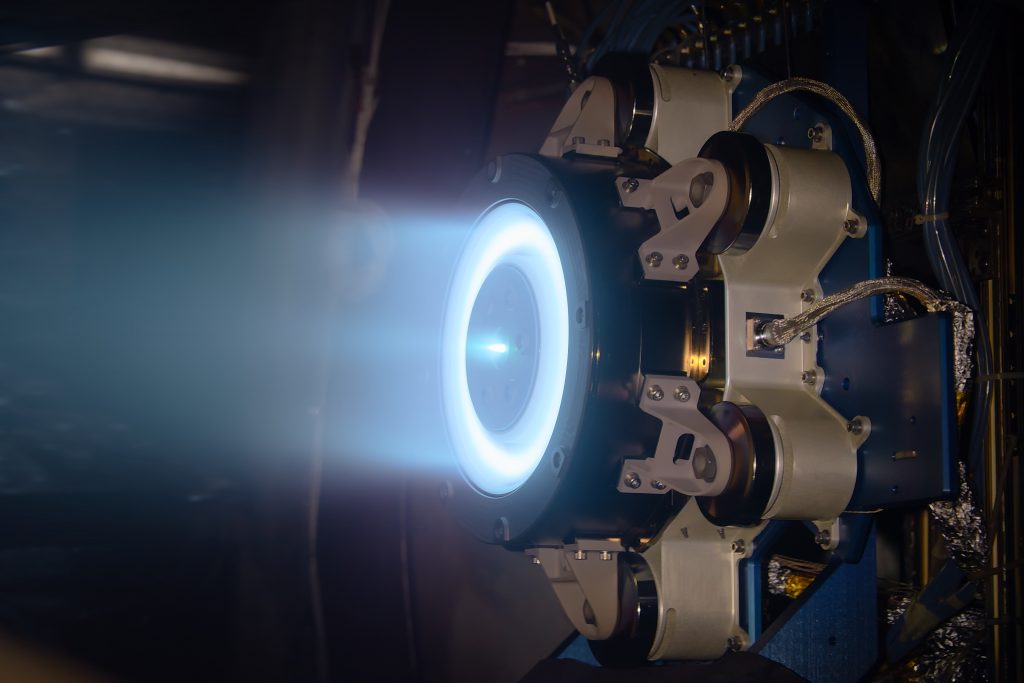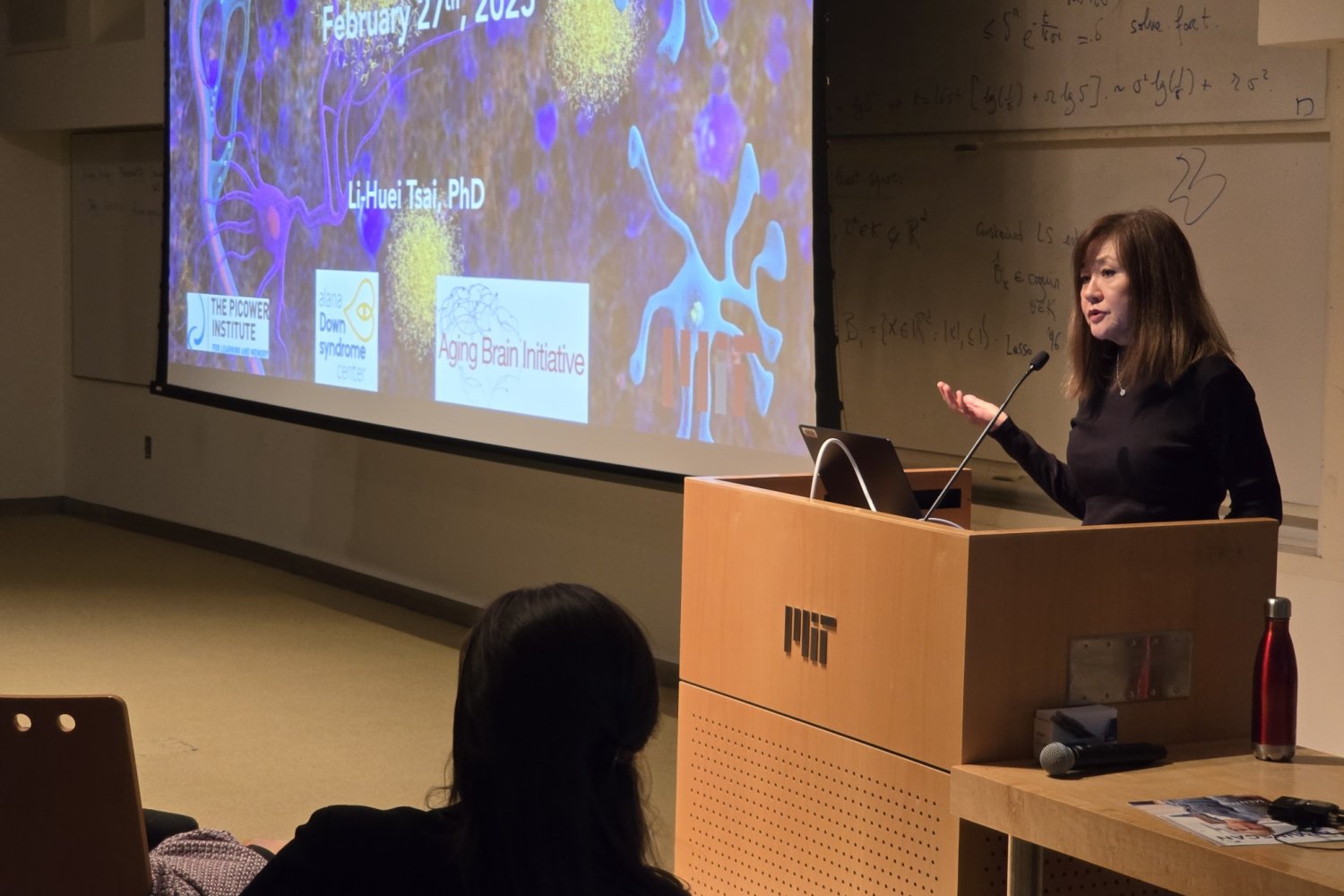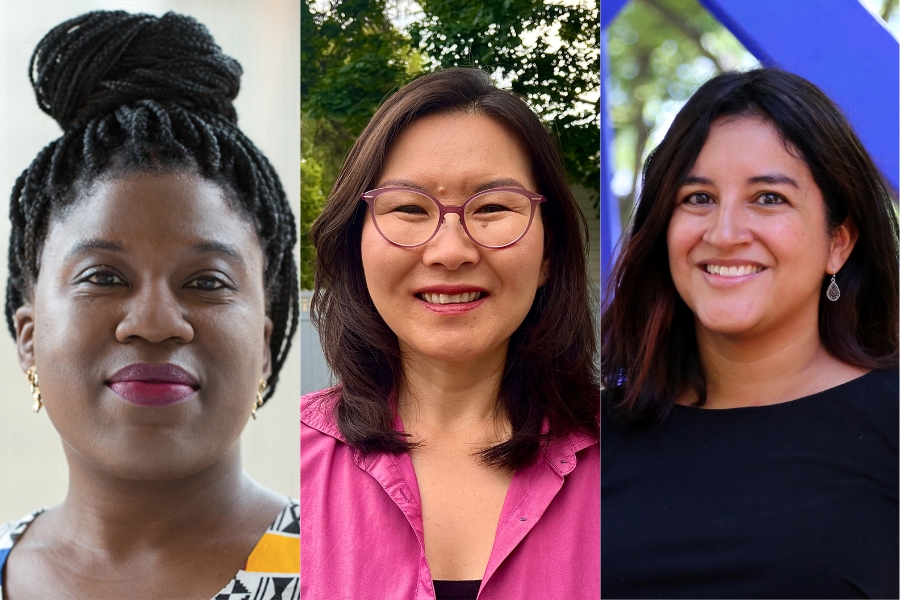
The MIT School of Humanities, Arts, and Social Sciences announced leadership changes in three of its academic units for the 2025-26 academic year.
“We have an excellent cohort of leaders coming in,” says Agustín Rayo, the Kenan Sahin Dean of the School of Humanities, Arts, and Social Sciences. “I very much look forward to working with them and welcoming them into the school’s leadership team.”
Sandy Alexandre will serve as head of MIT Literature. Alexandre is an associate professor of literature and served as co-head of the section in 2024-25. Her research spans the late 19th-century to present-day Black American literature and culture. Her first book, “The Properties of Violence: Claims to Ownership in Representations of Lynching,” uses the history of American lynching violence as a framework to understand matters concerning displacement, property ownership, and the American pastoral ideology in a literary context. Her work thoughtfully explores how literature envisions ecologies of people, places, and objects as recurring echoes of racial violence, resonating across the long arc of U.S. history. She earned a bachelor’s degree in English language and literature from Dartmouth College and a master’s and PhD in English from the University of Virginia.
Manduhai Buyandelger will serve as director of the Program in Women’s and Gender Studies. A professor of anthropology, Buyandelger’s research seeks to find solutions for achieving more-integrated (and less-violent) lives for humans and non-humans by examining the politics of multi-species care and exploitation, urbanization, and how diverse material and spiritual realities interact and shape the experiences of different beings. By examining urban multi-species coexistence in different places in Mongolia, the United States, Japan, and elsewhere, her study probes possibilities for co-cultivating an integrated multi-species existence. She is also developing an anthro-engineering project with the MIT Department of Nuclear Science and Engineering (NSE) to explore pathways to decarbonization in Mongolia by examining user-centric design and responding to political and cultural constraints on clean-energy issues. She offers a transdisciplinary course with NSE, 21A.S01 (Anthro-Engineering: Decarbonization at the Million Person Scale), in collaboration with her colleagues in Mongolia’s capital, Ulaanbaatar. She has written two books on religion, gender, and politics in post-socialist Mongolia: “Tragic Spirits: Shamanism, Gender, and Memory in Contemporary Mongolia” (University of Chicago Press, 2013) and “A Thousand Steps to the Parliament: Constructing Electable Women in Mongolia” (University of Chicago Press, 2022). Her essays have appeared in American Ethnologist, Journal of Royal Anthropological Association, Inner Asia, and Annual Review of Anthropology. She earned a BA in literature and linguistics and an MA in philology from the National University of Mongolia, and a PhD in social anthropology from Harvard University.
Eden Medina PhD ’05 will serve as head of the Program in Science, Technology, and Society. A professor of science, technology, and society, Medina studies the relationship of science, technology, and processes of political change in Latin America. She is the author of “Cybernetic Revolutionaries: Technology and Politics in Allende’s Chile” (MIT Press, 2011), which won the 2012 Edelstein Prize for best book on the history of technology and the 2012 Computer History Museum Prize for best book on the history of computing. Her co-edited volume “Beyond Imported Magic: Essays on Science, Technology, and Society in Latin America” (MIT Press, 2014) received the Amsterdamska Award from the European Society for the Study of Science and Technology (2016). In addition to her writings, Medina co-curated the exhibition “How to Design a Revolution: The Chilean Road to Design,” which opened in 2023 at the Centro Cultural La Moneda in Santiago, Chile, and is currently on display at the design museum Disseny Hub in Barcelona, Spain. She holds a PhD in the history and social study of science and technology from MIT and a master’s degree in studies of law from Yale Law School. She worked as an electrical engineer prior to starting her graduate studies.



